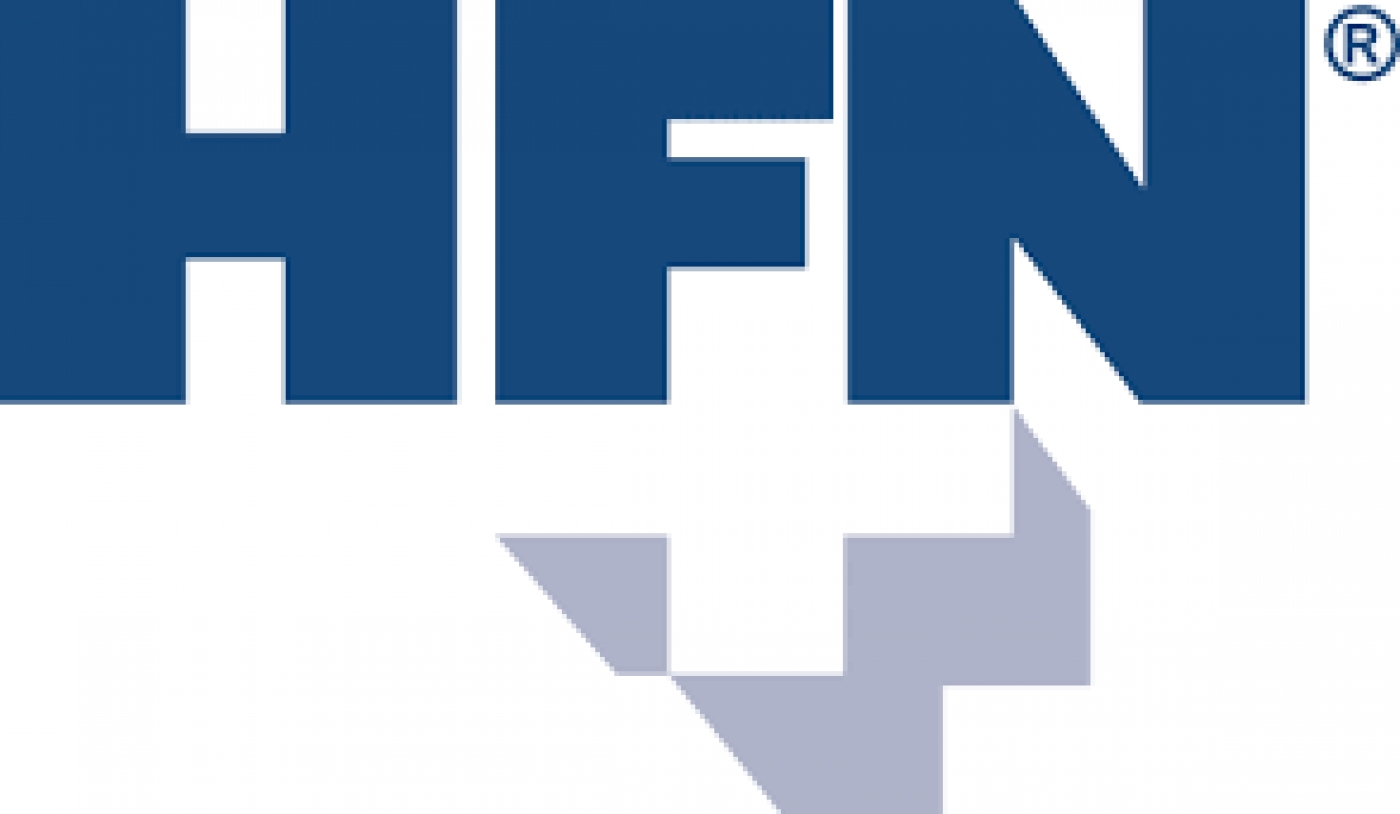Ighodalo hinted that the way the law currently stands, unless such act is reported the Medical and Dental Council of Nigeria, such person can continue to operate.
“In fact when the case is reported, It may take three to four years before it is prosecuted and while this is going on such facility can continue to practice. All these kinds of situations contribute to a lack of trust in the healthcare sector.
Ighodalo, represented by Dr. Richard Ajayi, Chairman, Governing Board, LASUTH, said that the responsibilities of regulations of healthcare services are scheduled with the state ministry of health and even when they set up agencies to do so, there is much work that needs to be done.
He called for a federal structure with the responsibilities of making sure healthcare as provided by Nigeria doctors and hospital is of a high standard. “We cannot underestimate the importance of government policy in delivery of healthcare service in Nigeria, we know that a lot of our patient leave Nigeria every year and spend around a trillion-dollar abroad on medical tourism, the truth is that all these services they travel abroad we have people that are striving very hard to provide them here in Nigeria, but the issue is just that patients don’t trust the system as much as they should do.
“The question is how do we build trust in our healthcare industry and ensure that a lot of this money that travel abroad is retained in our system. And also a lot of our staff that leave Nigeria in search of greener pastures stay at home.
Ighodalo said that the country needs to look at how some countries have been able to strengthen their system, “for instance in the UK there is an organization called Care Quality Commission, they inspect every facility that takes money from patients to provide service and make sure that they are safe in term of service they provide.
“They inspect facilities every year and if you are not meeting the standard as defined, then there is a system in place to help you improve. We don’t have such a system in Nigeria and we need to look inward and create such structure that will enable us to achieve it in Nigeria with a focus on improving healthcare.”
Corroborating his views, the President of HFN, Dr. Pamela Ajayi, praised the government for imposition of excise duty on all non-alcoholic, carbonated, and sweetened beverages in the country, says revenue generated should be deployed to the healthcare sector.
“The money generated from this tax should cater for people with non-communicable diseases or come in form of insurance for indigents.”
In his remark, the Chairman Senate Committee on Health, Senator Ibrahim Oloriegbe said that some of their concerns will be looked into and the senate is ready to work with the association to improve the quality of healthcare in the country.
He said the Senate is also doing a lot to contribute toward ensuring that all Nigeria irrespective of their socio-economic status are able to access care through a health insurance scheme.
He regretted that some of the money budgeted for health in 2019 and 2021 were not disbursed, “we have money but the money is not being spent, the issue at the moment is not about misappropriation of money but money not been spent. We have 2018, 2019 and 2021 budgets, only 2018 money that has been fully disbursed so we are working on that.”
He said the present administration is working to ensure that all Nigerians irrespective of their socio-economic status are covered by a health insurance scheme. “We are able to achieve the passage of the National Health Insurance Act at both senate and house of representative but the president didn’t sign it to law due to some grey areas and we are working on it. The idea is to make health insurance mandatory for everybody living in Nigeria so that irrespective of your status you must have one form of insurance or the other to access healthcare.
“If we are able to achieve that, it means that access to services will become easy, people will no longer have to pay out of pocket. But we are aware that 70 percent of Nigerians don’t have money because they are either children or poor because they don’t have work or are elderly but all these vulnerable will be covered by both state and federal government.
“We are also considering the introduction of a tax on communication because everybody makes calls irrespective of their socio-economic status, but the Ministry of Finance kicks against it because their perspective is that money must be collected together and then disbursed.
He regretted that the country has a lot of laws that are not implemented, “the challenge with our country is that we have a lot of policies but implementation is a major challenge.”
He promised that the private health sector will be carried along in the process of health care reform and admonished private healthcare providers to learn the act of lobby, “lobby is not about giving people money but as to do with the articulate issue and get an appropriate person for the presentation and people that can make things happen.”
Source: vanguard







